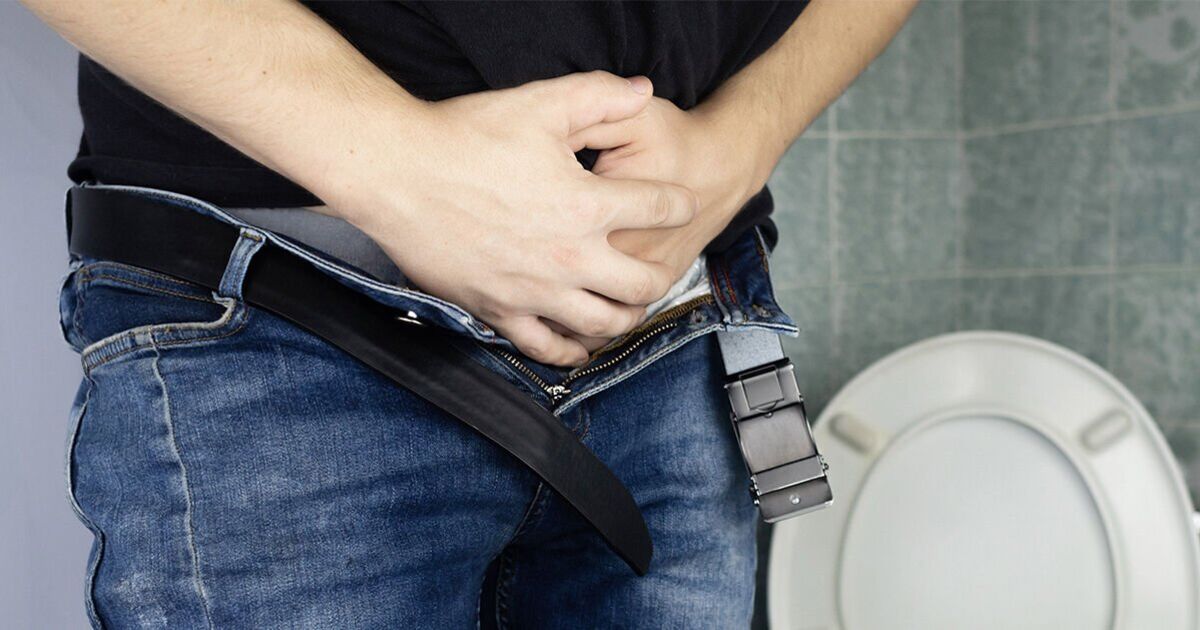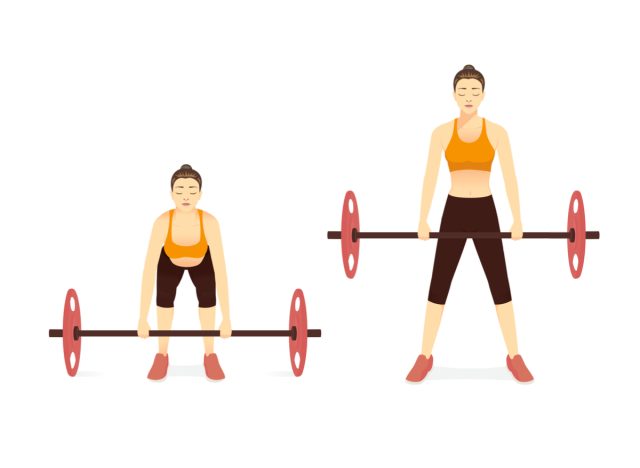Prostate cancer is among the deadliest forms of the disease, causing around 12,000 deaths in the UK annually. It is also the second most common cause of cancer death among men.
Cases are also rising, with diagnoses increasing by 48 percent since the early 1990s, according to Cancer Research UK.
Part of what makes this disease so dangerous is the fact that it can be difficult to catch. The symptoms may take years to appear.
This is because the signs will typically only become apparent once the prostate has grown so enlarged that it affects the urethra. But if you do experience these, seeking immediate medical help could be life-saving.
One expert took to social media platform TikTok to share some of the all-important warning signs to look for. NHS doctor Suraj Kukadia, better known as Dr Sooj, shared six symptoms to spot.
He explained: “Unfortunately, the number of prostate cancer diagnoses are increasing.”
Many of the potential symptoms are linked to needing to go to the toilet.
Dr Sooj said: “As your prostate gets bigger, it grows outwards as well as inwards putting pressure on your urethra and therefore your bladder.
“Some of the symptoms that you’ll get are an increased need to pee.
“A weaker stream means that you really need to strain, and a feeling that your bladder has not fully emptied.
“You can also get lower back pain, a rectal dysfunction and blood in your urine but this is not an exhaustive list.”
Prostate Cancer UK lists symptoms of the disease as:
- Difficulty starting to urinate or emptying your bladder
- A weak flow when you urinate
- A feeling that your bladder hasn’t emptied properly
- Dribbling urine after you finish urinating
- Needing to urinate more often than usual, especially at night
- A sudden need to urinate – you may sometimes leak urine before you get to the toilet.
But it is important to remember these will likely not appear in the earlier stages.
The charity explains: “Men with early prostate cancer will often have no symptoms because of the way the cancer grows.
“You’ll usually only get early symptoms if the cancer grows near the tube you urinate through (the urethra) and presses against it, changing the way you urinate (wee).
“But because prostate cancer usually starts to grow in a different part (usually the outer part) of the prostate, early prostate cancer doesn’t often press on the urethra and cause symptoms.”
If the cancer spreads you might experience:
- Back pain, hip pain or pelvic pain
- Problems getting or keeping an erection
- Blood in the urine or semen
- Unexplained weight loss.
Changes in the way you urinate could also be caused by a very common non-cancerous problem called an enlarged prostate, or another health problem.
However, if you experience any symptoms you should still get them checked out by a doctor.
They might carry out a PSA test, which looks for indicators of prostate cancer in the blood, or a digital rectal examination to feel for any changes to the prostate.
If they suspect you do have cancer they will recommend a biopsy is conducted.










